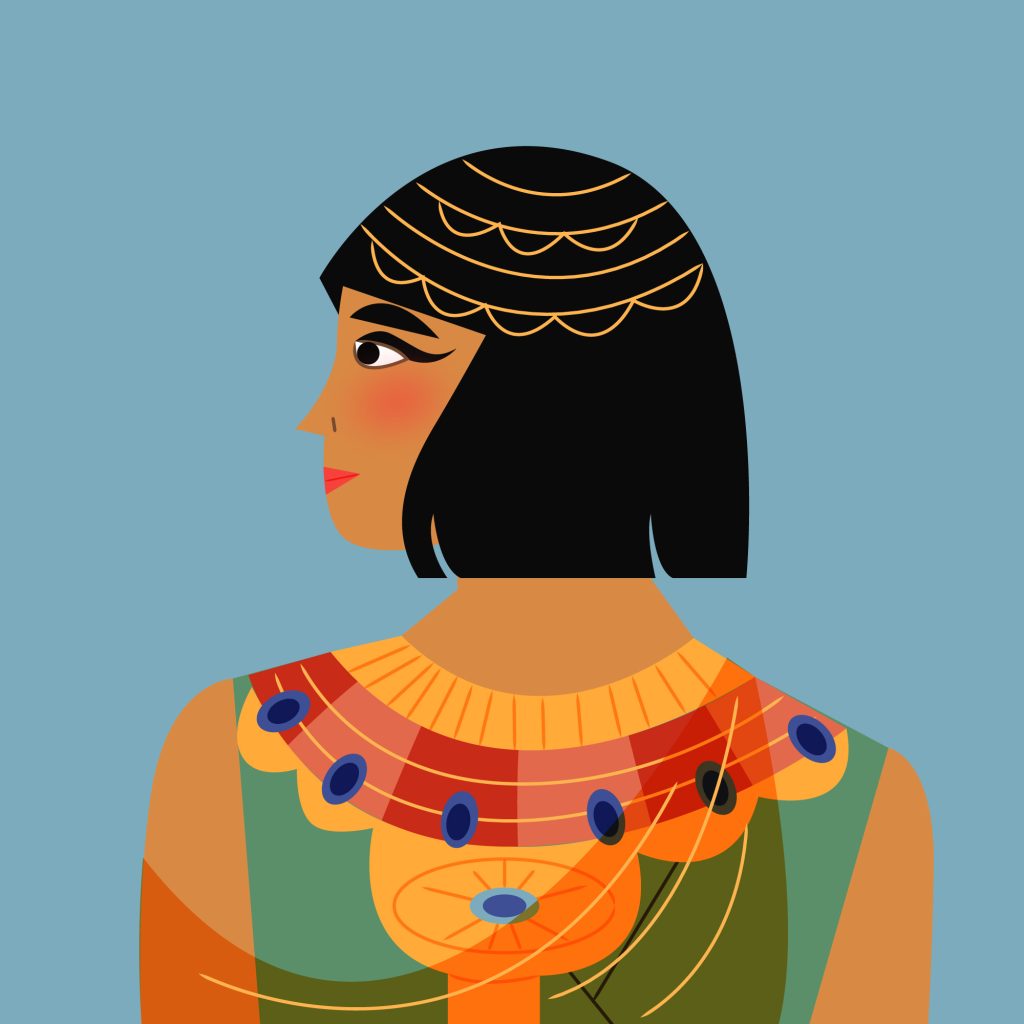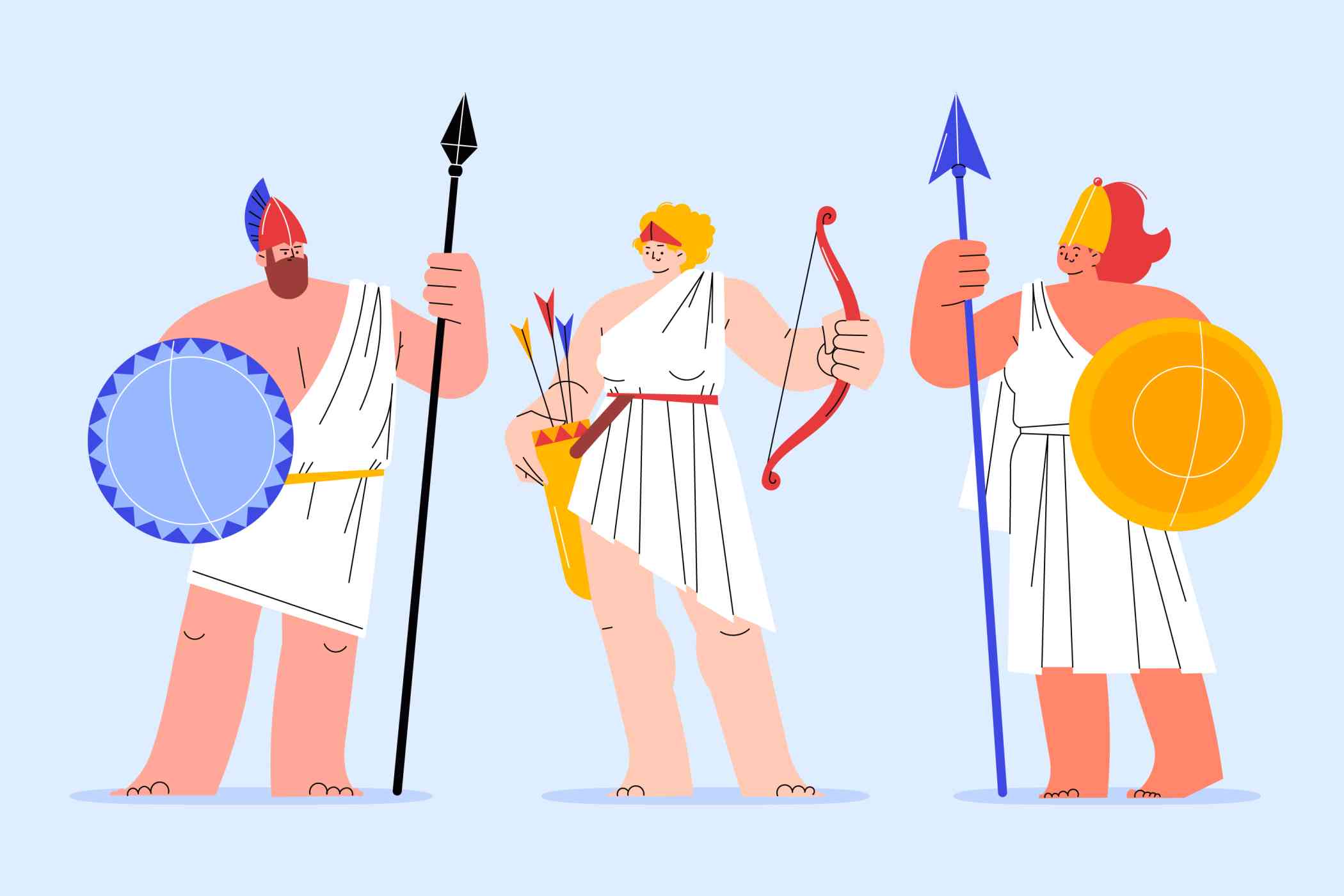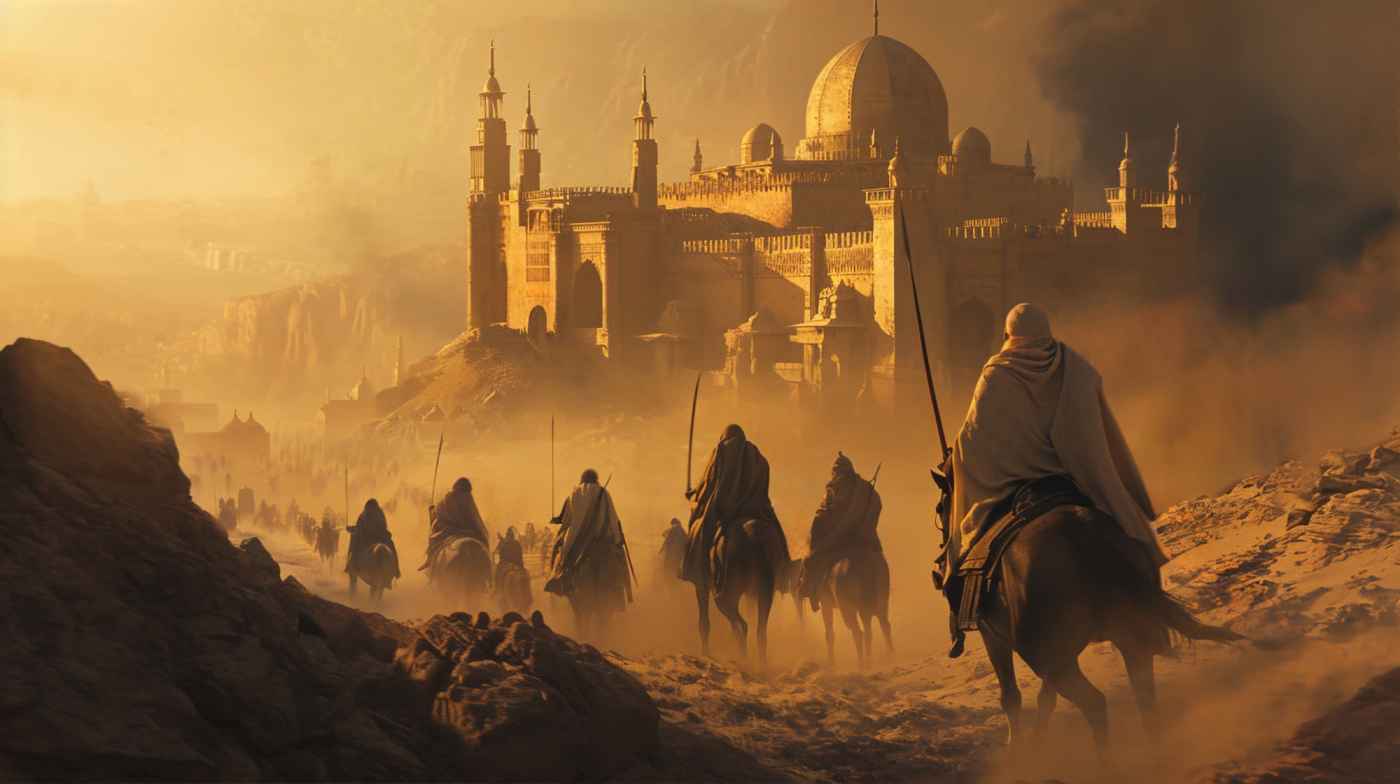Cleopatra VII, the last reigning figure in the Ptolemaic Kingdom of Egypt, has bewitched the attention of historians, scholars, and society all this time. To most of them, she is only associated with the exciting tales of her romantic affairs with Julius Caesar and Mark Antony, although they seldom conceptualize the true essence of Cleopatra’s Egypt beyond these personal narratives. More discovering would unveil an intricate society labeled as culturally mixed, economically creative, and politically charged.
Cleopatra was born in 69 BCE into the family of Ptolemaic dynasty, which descended from one of the generals of Alexander the Great, and this lineage certainly influenced her personality as a ruler. Unlike her Macedonian predecessors, she embraced her Egyptian heritage, learning the language and integrating herself into that lifestyle. It was not political but an expression of her real desire to be close to her people, and it set her apart from many of her ancestors, who remained distanced from the Egyptian rituals.
Cleopatra’s Egypt became one of the world’s most multicultural places through many years of trading, harrying, and other forms of intermingling. And Alexandria, the most bustling city in the world, wore the title of the interface for that fusion. Founded by Alexander the Great, Alexandria became a center for learning and trade, the storage place of the Great Library and foreign scholars. The effects of this environment were visible in science, mathematics, and philosophy creations, proving that Cleopatra’s Egypt was more than a place of romance and tragedy but a real contributor to the body of knowledge in the annals of ancient world history.
Economically, Egypt during the reign of Cleopatra was prosperous mainly because of agriculture. The Nile provides fertile land, enabling the growing of wheat and other staples. Its agricultural produce was very essential for trade since it formed the principal source of grain supplies to the Roman Empire. Cleopatra understood the significance of this economic power and utilized it strategically in her alliances and conflicts with Rome. This ability to navigate the complex world of diplomacy while keeping Egypt central to the Mediterranean economy demonstrates astuteness as a ruler.
Politics in Cleopatra’s Egypt is as much a tale of intrigue and maneuvering. The whole time was fraught with external threats, especially from the stretching Roman Empire. In this regard, Cleopatra played such an important role in establishing prominent relationships with important members of the Roman order, thereby using them to transit into a well-protected reign. Those legendary entanglements with Julius Caesar and, for instance, Mark Antony, went beyond mere copulatory encapsulation within the dimension of spontaneous romance; they had much more substantial military and political purposes intended against Cleopatra’s adversaries, one of whom included her own brother Ptolemy XIII.
And it is not only in alliances that Cleopatra’s story lies; it tells of the struggles of a woman caught in a male-dominated world. During Cleopatra’s reign, much of her intense struggle was to prove herself in a clearly gender-defined society. She presented herself as a goddess identified with Isis to seal her position and power. Political shrewdness and symbolism both sought for the reshaping of the female-driven perception of leadership during her time.
Ultimately, the undiscovered account of Cleopatra’s Egypt is one of a land of extensive cultural legacy, an economic powerhouse, and political ingenuity. It counteracts the notion that Cleopatra’s life can be reduced to her failing romantic relationships with privileged masculine individualities. One can truly appreciate the complex dimensions of her reign and the legacy of her Egypt that became a major trunk of the ancient historical tapestry when viewed through the lens of time. The learning of history students now acquires new vistas of exploration; those need to be opened up by emphasizing the contextuality and complexity in the narrative.







